Python Introduction
Python is a beginner-friendly programming language known for its simplicity and readability. It’s widely used for web development, data analysis, AI, and automation, making it perfect for learners starting their coding journey.
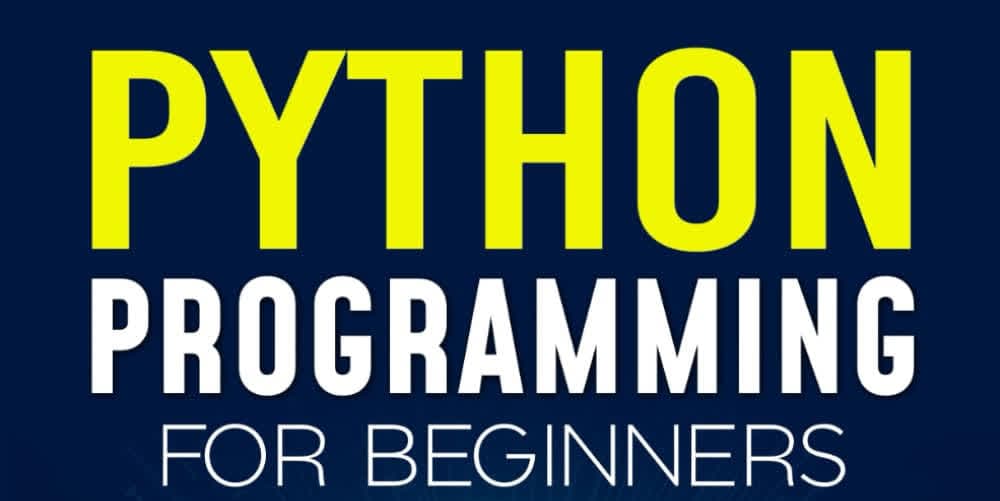
Python Introduction
The Beginner Python Online Course is designed to provide a solid foundation in one of the most versatile and in-demand programming languages today. Whether you're looking to kickstart a career in tech, enhance your problem-solving skills, or automate tasks in your current role, this course offers practical, hands-on learning tailored to real-world applications. Python's simplicity and power make it a favorite for industries ranging from web development to data science and AI. By enrolling, you'll gain not just technical skills but also a competitive edge in the job market, equipping you for future business opportunities in a tech-driven world.
Registration
Course Fee
$100
Number of sessions
16 two-hour sessions
Sessions per week
2 sessions
Course Outline
Introduction and Tool Setup
● Explanation of basic concepts (20 minutes) + Q&A (10 minutes).
● Live demonstration of tool installation (Python, Google Colab) and testing the first code execution.
● Exercise: Writing a simple code (“Hello World” + mathematical operations) in Google Colab.
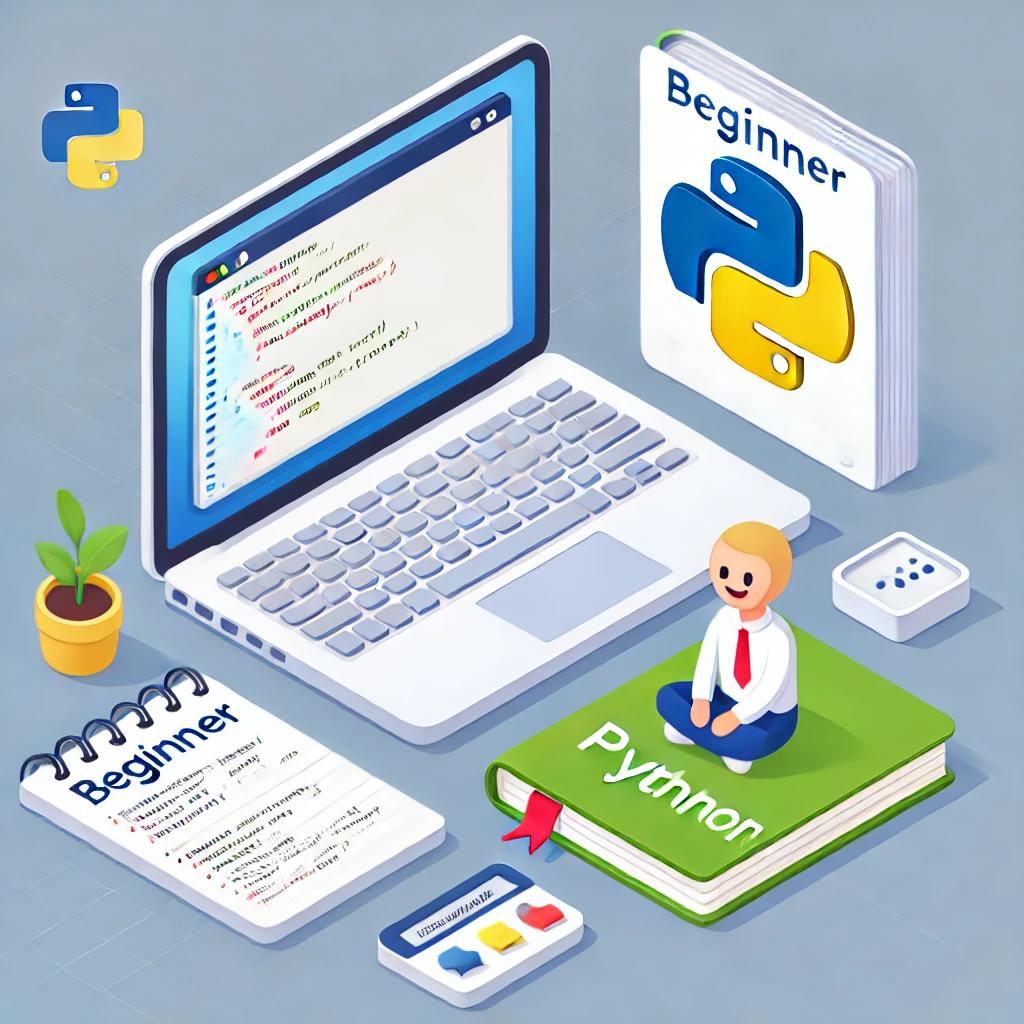
Basic Programming Concepts
● Teaching variables and data types (25 minutes).
● Online exercise: Defining variables and performing basic mathematical operations.
● Group activity: Receiving input from the user and displaying output (in pairs).
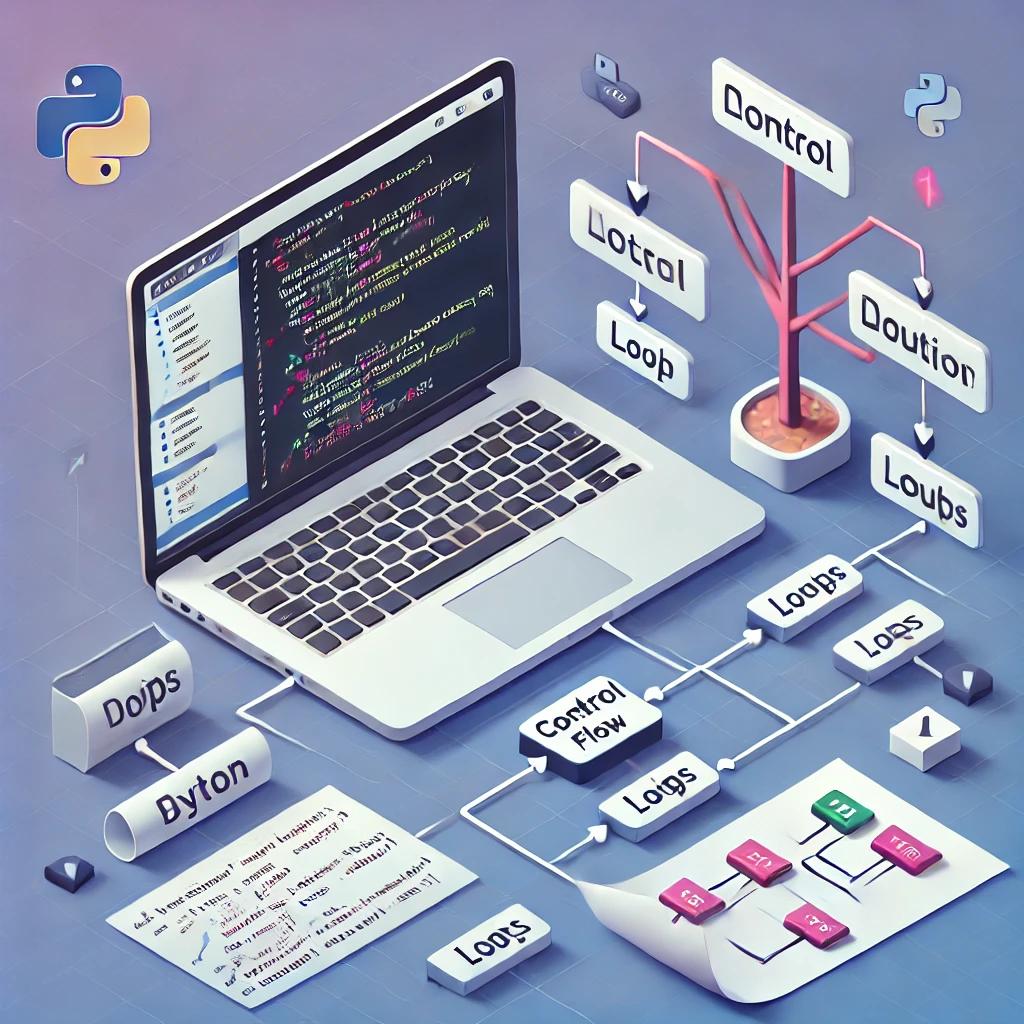
Control Structures
● Live examples of control structures (if-else, loops).
● Exercise: Writing a program to check even and odd numbers.
● Group exercise: Implementing a number guessing game using conditions and loops.
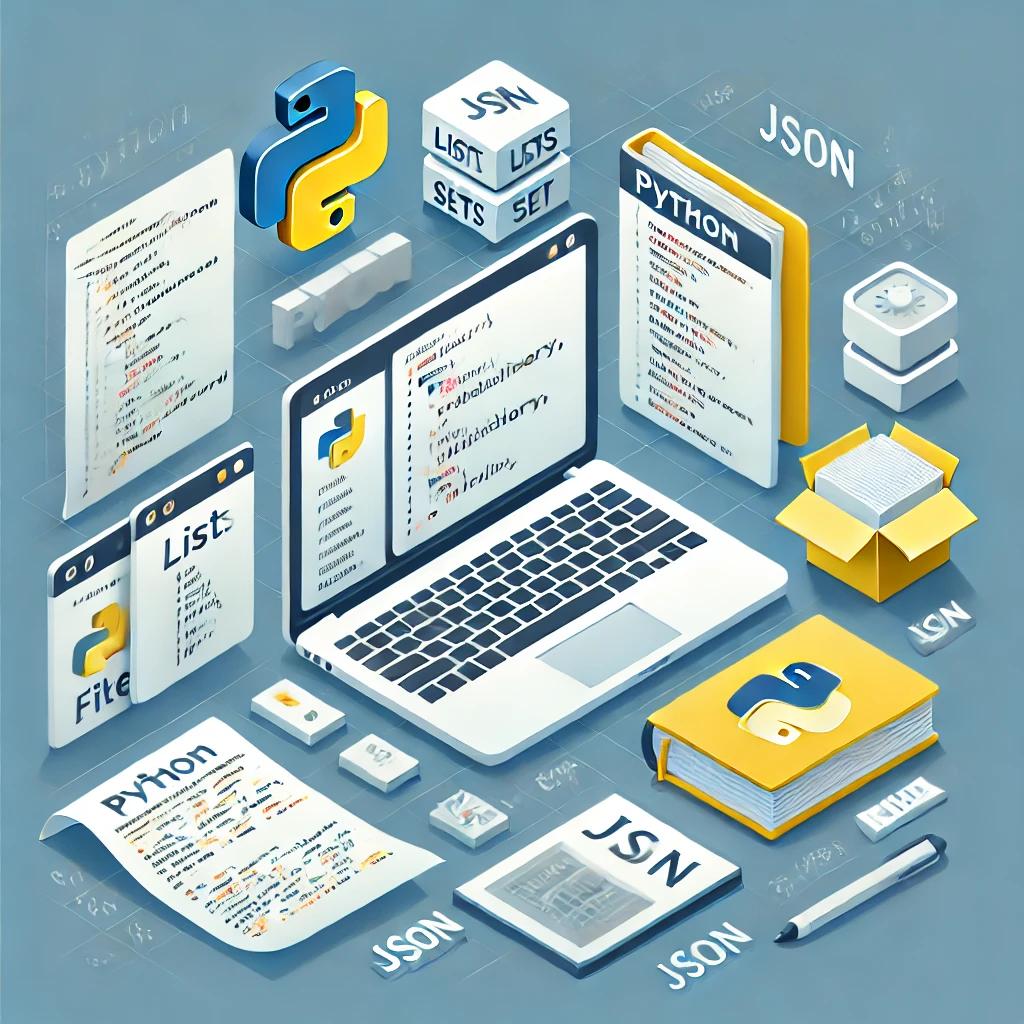
Working with Strings
● Live coding of string methods (strip, split, replace).
● Online exercise: Checking if a string is a palindrome.
● Activity: Counting the number of words in a text using user input.
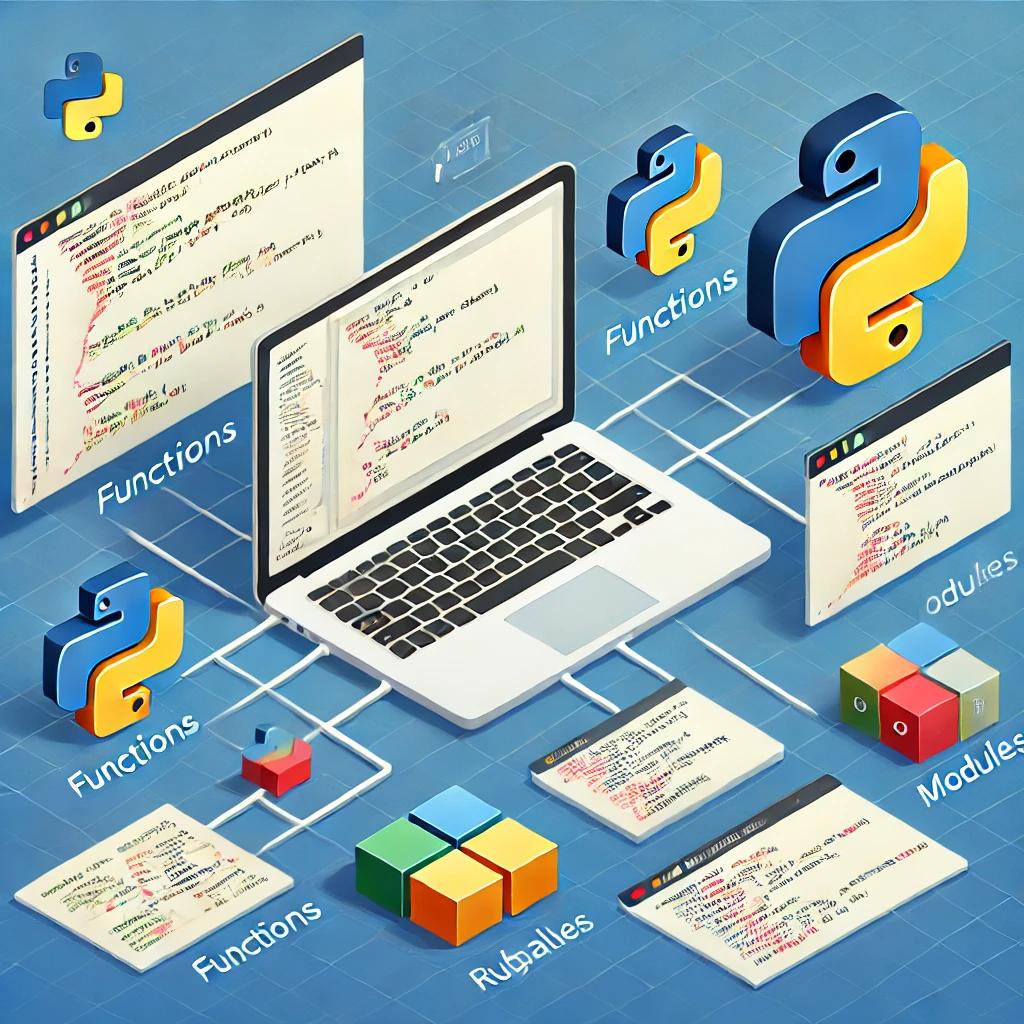
Lists and Tuples
● Live demonstration of creating and modifying lists.
● Exercise: Writing a program to sum the numbers in a list.
● Group exercise: Designing a program to manage a shopping list.
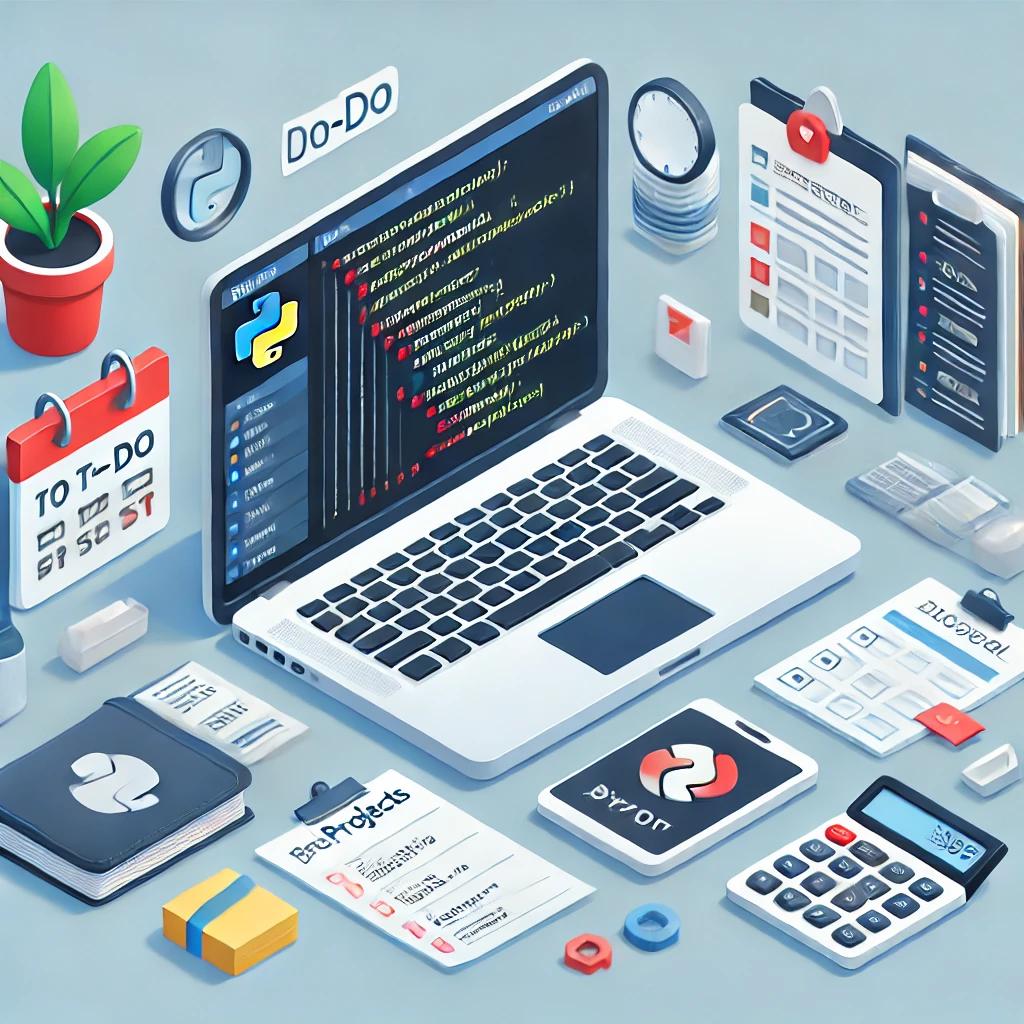
Dictionaries and Sets
● Practical explanation of dictionaries and sets.
● Exercise: Finding duplicate words in a text.
● Group activity: Designing a simple dictionary to store student information.

Functions and Modules
● Demonstrating the definition of functions and using built-in modules (math, random).
● Exercise: Writing a function to calculate the factorial of a number.
● Group exercise: Designing a module to convert temperatures.

Error Handling
● Live demonstration of error handling using try and except.
● Exercise: Writing a program to handle division by zero errors.

Object-Oriented Programming (OOP) - Part 1
● Introduction to OOP concepts: Classes, objects, and constructors.
● Exercise: Defining a simple class and creating multiple objects from it.

Object-Oriented Programming (OOP) - Part 2
● Teaching inheritance, polymorphism, and encapsulation.
● Exercise: Implementing a simple system (e.g., library management) using inheritance concepts.

Introduction to NumPy
● Live demonstration of array operations.
● Exercise: Calculating the sum and average of an array.

Pandas for Data Management
● Demonstration of creating and editing DataFrames.
● Exercise: Reading a CSV file and performing sorting operations.

Data Analysis with Pandas
● Exercise: Cleaning real-world data.
● Exercise: Analyzing sales data and calculating total revenue.

Data Visualization with Matplotlib
● Drawing simple charts live.
● Exercise: Visualizing sales data using bar charts.

Data Analysis Project
● Analyzing a real-world dataset.
● Activity: Analyzing a dataset using Pandas and Matplotlib.

Review and Final Project
● Online troubleshooting and debugging.
● Presentation of final projects by students.


 فارسی (Persian)
فارسی (Persian)
 العربية (Arabic)
العربية (Arabic)
 English
English